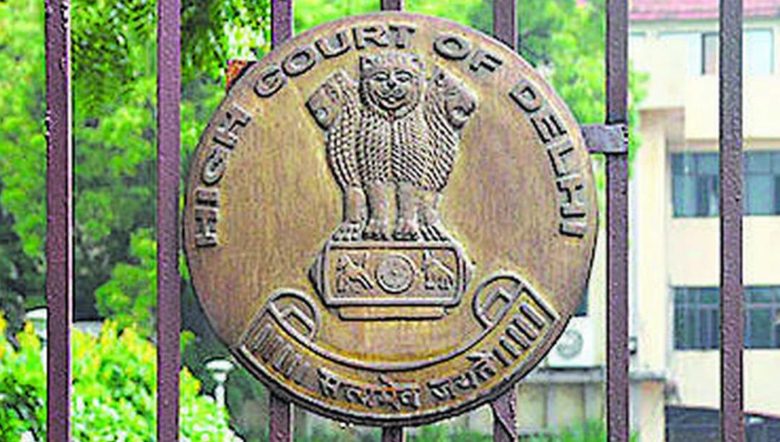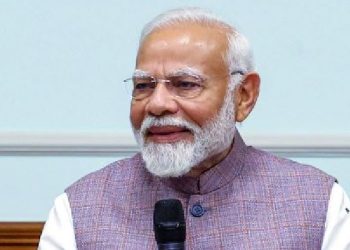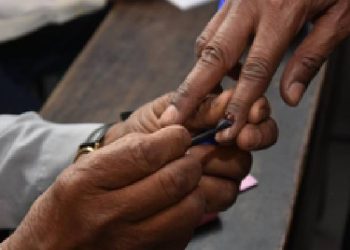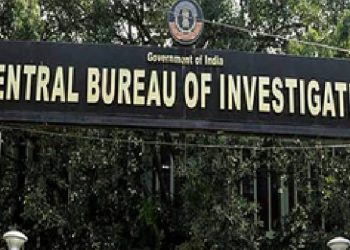New Delhi: The Delhi High Court on Tuesday dismissed a petition filed by Ehtesham Qutubuddin Siddique, a death row convict in the 2006 Mumbai train blasts case, seeking disclosure of information pertaining to the ban imposed on terrorist outfit Indian Mujahideen.
Siddique had filed an application under the RTI Act seeking background notes from the Centre and reports from the governments of Gujarat, Delhi and Andhra Pradesh regarding the ban imposed on Indian Mujahideen, which was said to have been responsible for the explosions.
On July 11, 2006, seven explosions had ripped through seven local trains in Mumbai, killing 189 people and injuring 829 others.
The Indian Mujahideen was subsequently outlawed under the strict anti-terror statute known as the Unlawful Activities(Prevention) Act (UAPA).
The petitioner challenged in the high court an order passed by the Chief Information Commissioner (CIC) on June 13, 2019 denying him the information on the ground that it was covered under the exemptions provided in the RTI Act.
While refusing to interfere with the CIC’s decision, Justice Prathiba M. Singh said the information sought by the petitioner has far-reaching consequences and has to be seen from the “larger issue of safety and security of the public and the nation”.
Singh said the information sought by Siddique, if provided, will have a bearing on the sovereignty and security of the country.
“A perusal of the information shows that the same has far-reaching consequences. The same organisation is stated to be involved in various unfortunate incidents since 2005, some resulting in severe loss of life and property,” the court noted.
It observed that disclosure of the information sought by the petitioner can “jeopardise the sources” of the government in relation to the ban on Indian Mujahideen and the CIC’s opinion that sharing the information would endanger the sources does not require interference.
“In view of the above, the writ petition is found to be devoid of merit and is dismissed,” the court ruled.
Advocate Arpit Bhargava, representing the petitioner, contended that the information sought in the RTI application was needed to prove the innocence of the petitioner in the criminal case, and there was no further need to maintain confidentiality in relation to the “background notes” and the reports of the states as Indian Mujahideen has already been declared a banned organisation under UAPA.
The counsel for the Centre said the information in question cannot be disclosed as it is confidential and its disclosure will go against public interest.
Earlier, the high court had said that intelligence agencies’ reports and dossiers cannot be made public under the RTI Act, especially if doing so jeopardises the sovereignty or integrity of the nation.
Justice Singh had rejected the petitioner’s request for the reports that the governments of Maharashtra and Andhra Pradesh had submitted on 2006 Mumbai train bombings probe.
Siddique had claimed that he has been falsely implicated in the case and it amounts to violation of his human rights.
The high court had said that it is undoubtedly in the best interests of the nation and its people if the reports are not given to the petitioner in accordance with the Right to Information Act.
The petitioner had moved the high court in 2020 challenging a 2019 CIC order denying his request for documents related to a 2007 notification empowering the secretaries of state governments to sanction prosecution for offences under UAPA.
Bhargava had contended that the petitioner was arrested in 2006 and the sanction for his prosecution was granted by Maharashtra’s Additional Chief Secretary in January 2007, six months before the notification was issued.
Therefore, the sanction granted was null and void for want of authorisation on the date it was issued, he had contended in the petition.
(IANS)





















